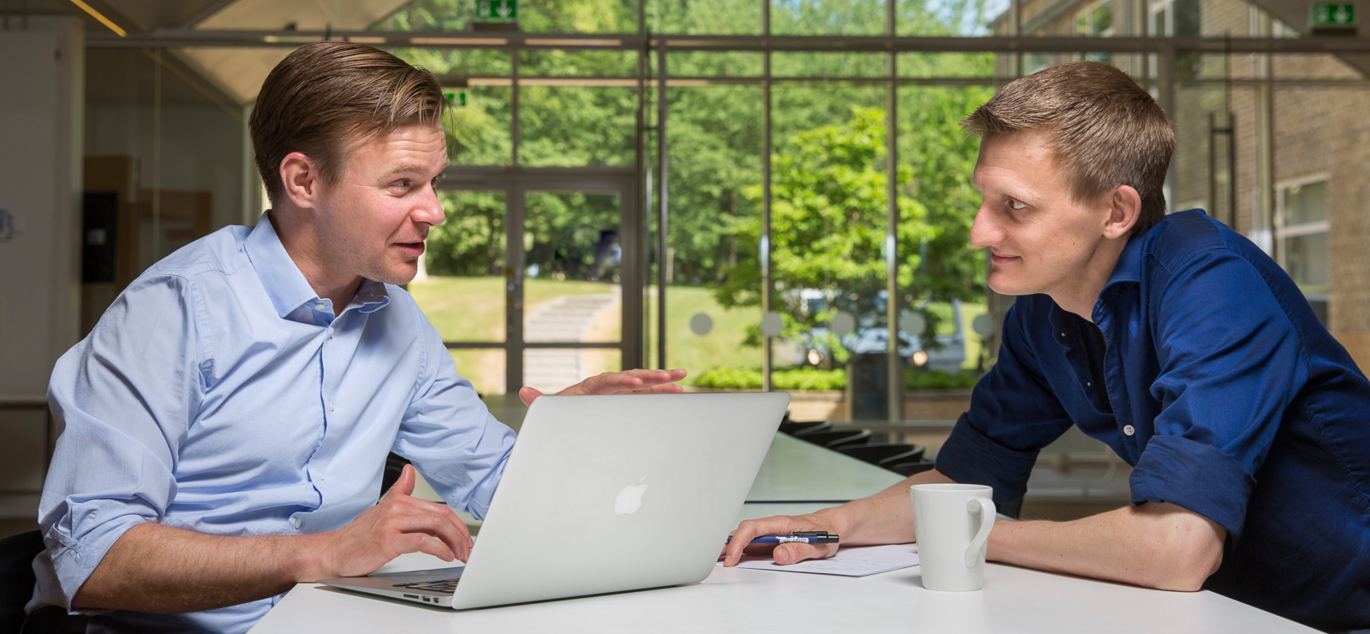Rereading the genome: Can artificial intelligence help us predict the genetic causes of diseases?
AIAS Fellow Doug Speed and Former-Fellow Søren Dinesen Østergaard will seek to answer this question, funded by a grant of DKK 2,000,000 from the Lundbeck Foundation.

Despite many years of trying, and the availability of increasingly-large genetic datasets, clinically-useful models for predicting whether individuals will develop different diseases based on their genetic data are lacking. Doug and Søren will investigate whether artificial intelligence software – specifically, state-of-the-art tools developed by Google for processing human language – can be used to construct improved genetic disease prediction models. As Doug explains, "Our proposal is motivated by the similarities between trying to understand the human genome and teaching a computer to understand human language; both are highly complex problems, where a successful algorithm must be able to handle billions of datapoints, and appreciate that the meaning of a variable, whether a genetic variant or a word, will depend not just on its value, but also on its context and how it interacts with other variables."
Doug and Søren will benefit from a so-called Experiment Grant that will enable them to hire two postdocs to work on the project. The Experiment Grant is a new initiative from the Lundbeck Foundation, which seeks to "support extraordinary research ideas that challenge the norms and prevailing ideas within the fields of biomedical, clinical or health science." The call specifically looks for "high-risk ideas which may have a limited chance of succeeding but which have great potential to transform our understanding of an important research field if they do."
Despite the high-risk nature of the project, Søren is optimistic about its perspectives: "There are two main reasons we consider language processing tools suitable for the task we are facing. Firstly, they are designed to cope with many billions of datapoints, similar to the number present in genetic studies. Secondly, language processing tools are designed to detect patterns in human language, which is conceptually similar to the patterns underlying complex diseases."
In addition to AIAS, this project will bring together researchers from Aarhus University Hospital – Psychiatry, the Interacting Minds Centre, and Bioinformatics Research Centre (BiRC).
